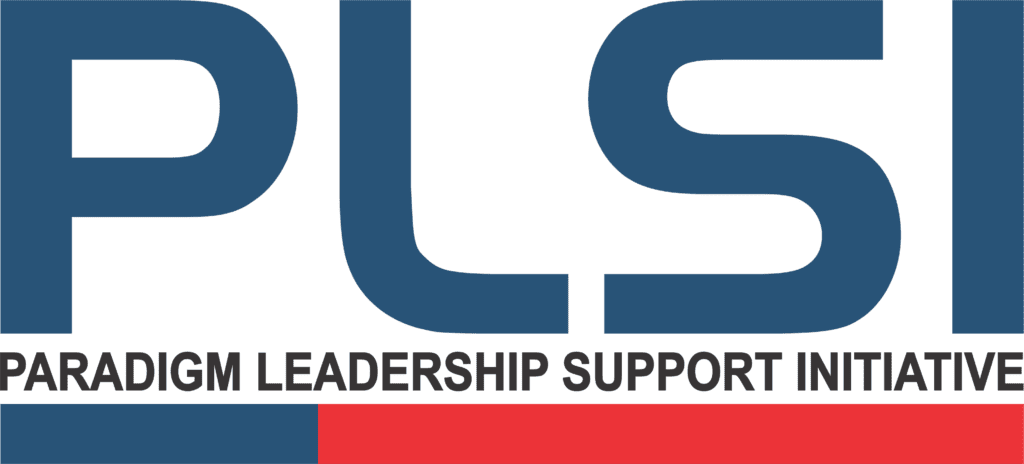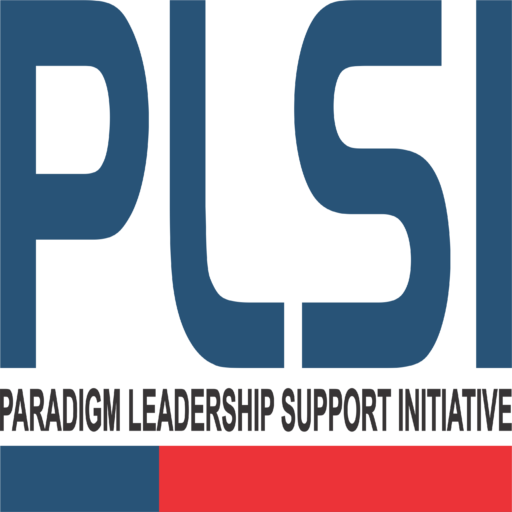In the sprawling landscape of Nigerian governance, a persistent challenge has been inadequate citizen participation in the Nigerian public audit process. The insufficient civic engagement with public officials and elected representatives using audit data has continued to be a major obstacle to fostering public accountability at both national and subnational levels in Nigeria. To address this pressing issue, the Paradigm Leadership Support Initiative (PLSI), through its MacArthur Foundation funded project to strengthen public audit practices and accountability at the state level in Nigeria implemented the Public Audit Media Fellowship to train and support independent media actors in using audit data to investigate, report, and expose corruption at the subnational level in Nigeria.
The program identified and selected ten proficient journalists comprising two from each of the five geopolitical zones in Nigeria (excluding the North Central Zone) on how to use public audit information combined with creative communication and data-driven storytelling skills to investigate, report, and expose corruption at the subnational level in Nigeria.
Diving deep into the heart of the fellowship, a series of intensive training sessions unfolded, meticulously curated to enhance the fellows’ capacity. Renowned field experts facilitated each session, guiding the journalists through a spectrum of topics vital to their investigative endeavors.
The sessions learned include: understanding public audit legal frameworks; sourcing and analyzing audit reports; understanding the role of the Auditor-General and the Public Audit Action Cycle; tracking stakeholders (Public Accounts Committee, Executive Agencies, Anti-Corruption Bodies) actions on audit findings; concepts of investigative reporting and journalism; understanding the functions of the Public Accounts Committee; ethical and accuracy in data journalism; audit reports as a source of investigative reporting; writing a sample investigative report on 2020 and 2021 audit reports; data visualization, storytelling, and creative communication; the use of Freedom of Information Act (FOI); using technology tools for fact-checking; crafting compelling narratives and the power of storytelling.
Speaking on the role of media actors in public auditing in one of the sessions, PLSI’s Executive Director, Olusegun Elemo, emphasized that the media play a great role, including examining reports of the Auditor-General, analyzing audit findings, following-up audit and conducting independent investigation on audit issues, informing the public of the veracity of audit issues and their status from time to time. On the legal framework guiding audit functions, “The Audit Law of any state provides the legal foundation upon which public audit functions stand” – he said.
While emphasizing that a journalist should strive to enhance national unity and public good, Kemi Busari stressed the need for the universal principles of human rights, democracy, justice, equity, peace, and international understanding.
On the Basics of Investigative Journalism by Joshua Olufemi, good journalism helps provide citizens with the information they need to make informed decisions about their choices, about being free and about effectively self-governing. However, the validation and expansion of public good are the primary end and the principal means of journalism. He further identified ethics, lucidity, balance, interest, sources, specificity, originality, and pertinence as the eight things that make investigative reporting possible.
The journey didn’t end there; the fellowship also provided fellows with the knowledge, skills, and resources they needed to analyze annual audit reports of their state governments, track efficiency and effectiveness in public resources management, and investigate such issues to expose and report potential or acts of corruption for possible sanction by relevant authorities.
Conclusively, a total of 20 investigative stories will be produced by fellows, which are to be published through their respective media outlets where fellows are currently employed.
This initiative is expected to have significant impact on the public accountability and anti-corruption landscape of Nigeria. Armed with newfound expertise, these 10 journalists have dispersed to their respective states, armed not only with knowledge but with potent skills honed through the fellowship. We are glad about this initiative and its potential massive result.
Listen to fellows’ testimonies here.

